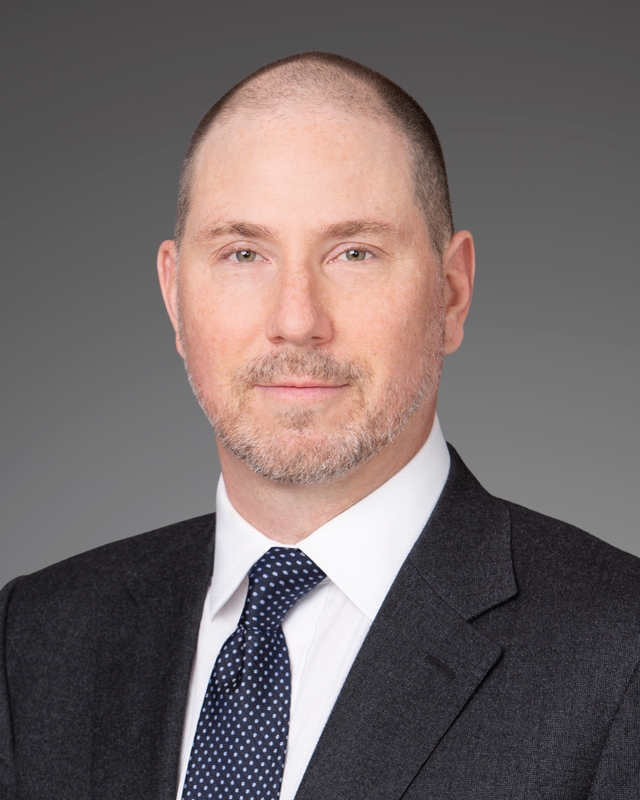News

08/09/10 | Firm News
Kirby McInerney LLP Announces New Financial Whistleblower Group
NEW YORK, August 9, 2010 - Following President Obama’s July 21st signing of the Dodd-Frank Wall Street Reform and Consumer Protection Act into law, the Law Firm of Kirby McInerney LLP has announced its formation of a focused Financial Whistleblower Litigation Group.
Dodd-Frank expands whistleblower rights - previously reserved for individuals having knowledge of fraud against the government - to extend to individuals with knowledge of financial fraud. The new law allows whistleblowers who identify securities or commodities fraud to share in recoveries obtained as a result of the information they provide. These provisions modify the Commodity Exchange Act and Sarbanes Oxley.
Under these new provisions, if a whistleblower provides information of a fraud to the Securities and Exchange Commission (SEC) or the Commodities Futures Trading Commission (CFTC) that results in monetary sanctions of over $1 million, the whistleblower can share from 10% to 30% of the recovery. Additionally, a whistleblower subject to retaliation may sue in court for reinstatement, double back-pay owed (with interest), as well all costs and reasonable attorney’s fees.
Kirby McInerney LLP, New York-based plaintiffs’ law firm specializing in securities, whistleblower, antitrust and consumer litigation, has an established practice representing whistleblowers under the previously existing False Claims Act. In addition, KM has deep knowledge of securities and commodities industries, having prosecuted some of the more high profile frauds over the past few years. “Given our deep experience in both whistleblower and securities fraud litigation, founding this group in light of the new law seemed like a natural progression,” said Managing Partner Roger W. Kirby.
Kirby McInerney has been recently retained to file a securities whistleblower case involving accounting misconduct at a Fortune 100 company, and is currently leading major securities class action cases against Citigroup, Wachovia, Moody’s, and others related to the subprime crisis. The firm’s clients include public pension funds, hedge funds and other investment funds as well as state and municipal governments.
“These new provisions will have broad ramifications, creating incentives to clean up misconduct in the securities and commodities industries,” says Kirby. “For example, the fraud perpetrated by Bernard Madoff, the subprime mortgage and securitization misconduct that occurred a few years ago, and BP’s manipulation of the propane market in 2004, all could have been identified by whistleblowers, perhaps preventing even worse effects of these frauds while allowing whistleblowers to obtain tens of millions of dollars.”
The Dodd-Frank whistleblower provisions are modeled on the False Claims Act, which allows whistleblowers who report a fraud related to government procurements to share in any reward the government obtains. The False Claims Act has been enormously successful and has resulted in billions of dollars collected by the federal government, with hundreds of millions of dollars going to whistleblowers.
Dodd-Frank expands whistleblower rights - previously reserved for individuals having knowledge of fraud against the government - to extend to individuals with knowledge of financial fraud. The new law allows whistleblowers who identify securities or commodities fraud to share in recoveries obtained as a result of the information they provide. These provisions modify the Commodity Exchange Act and Sarbanes Oxley.
Under these new provisions, if a whistleblower provides information of a fraud to the Securities and Exchange Commission (SEC) or the Commodities Futures Trading Commission (CFTC) that results in monetary sanctions of over $1 million, the whistleblower can share from 10% to 30% of the recovery. Additionally, a whistleblower subject to retaliation may sue in court for reinstatement, double back-pay owed (with interest), as well all costs and reasonable attorney’s fees.
Kirby McInerney LLP, New York-based plaintiffs’ law firm specializing in securities, whistleblower, antitrust and consumer litigation, has an established practice representing whistleblowers under the previously existing False Claims Act. In addition, KM has deep knowledge of securities and commodities industries, having prosecuted some of the more high profile frauds over the past few years. “Given our deep experience in both whistleblower and securities fraud litigation, founding this group in light of the new law seemed like a natural progression,” said Managing Partner Roger W. Kirby.
Kirby McInerney has been recently retained to file a securities whistleblower case involving accounting misconduct at a Fortune 100 company, and is currently leading major securities class action cases against Citigroup, Wachovia, Moody’s, and others related to the subprime crisis. The firm’s clients include public pension funds, hedge funds and other investment funds as well as state and municipal governments.
“These new provisions will have broad ramifications, creating incentives to clean up misconduct in the securities and commodities industries,” says Kirby. “For example, the fraud perpetrated by Bernard Madoff, the subprime mortgage and securitization misconduct that occurred a few years ago, and BP’s manipulation of the propane market in 2004, all could have been identified by whistleblowers, perhaps preventing even worse effects of these frauds while allowing whistleblowers to obtain tens of millions of dollars.”
The Dodd-Frank whistleblower provisions are modeled on the False Claims Act, which allows whistleblowers who report a fraud related to government procurements to share in any reward the government obtains. The False Claims Act has been enormously successful and has resulted in billions of dollars collected by the federal government, with hundreds of millions of dollars going to whistleblowers.
Subscribe

